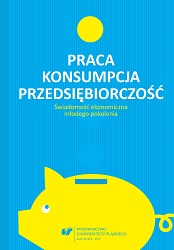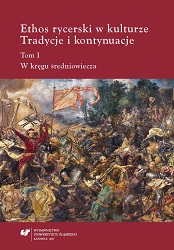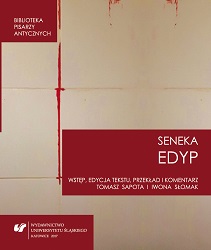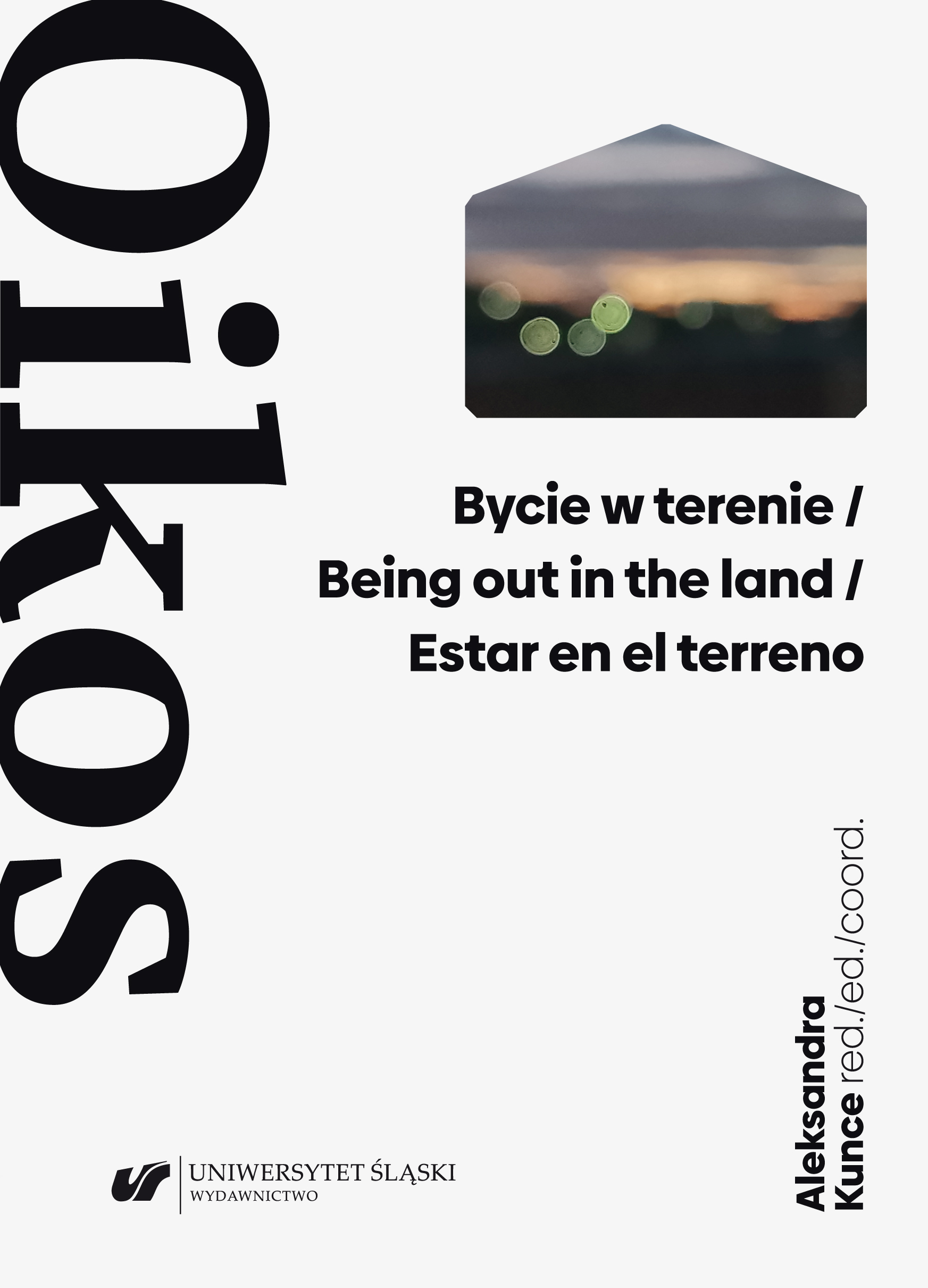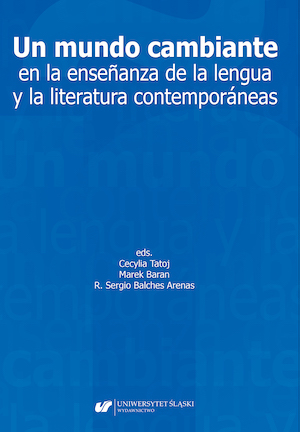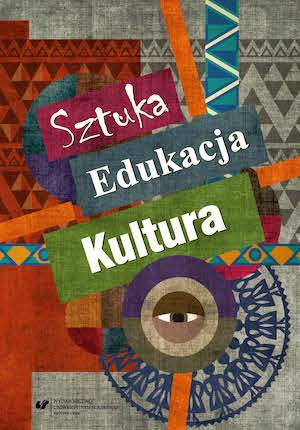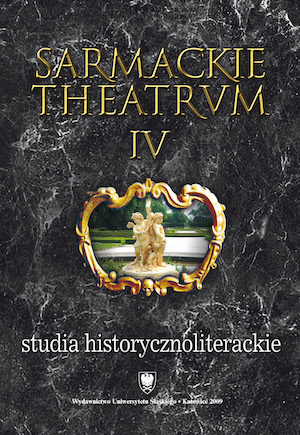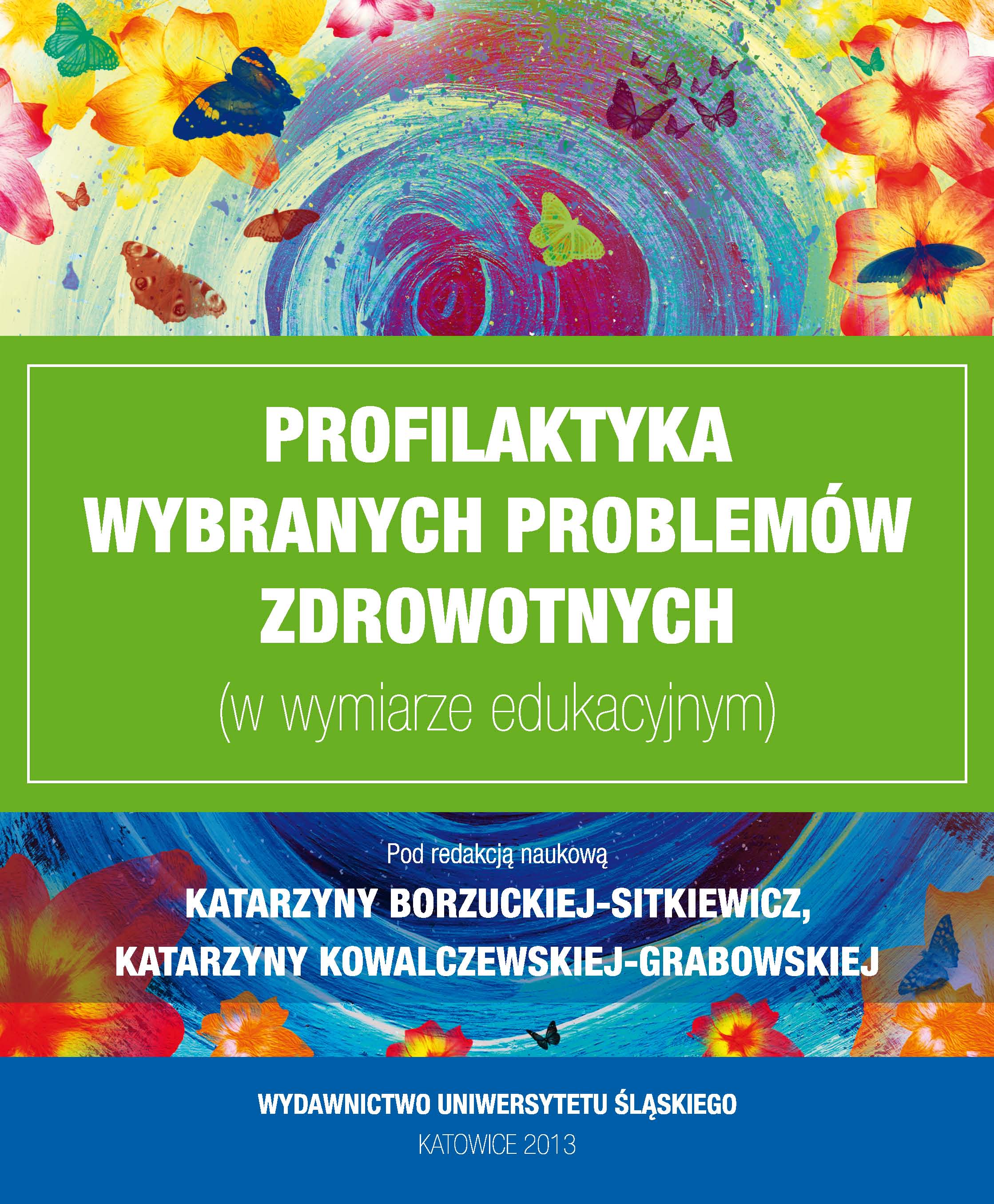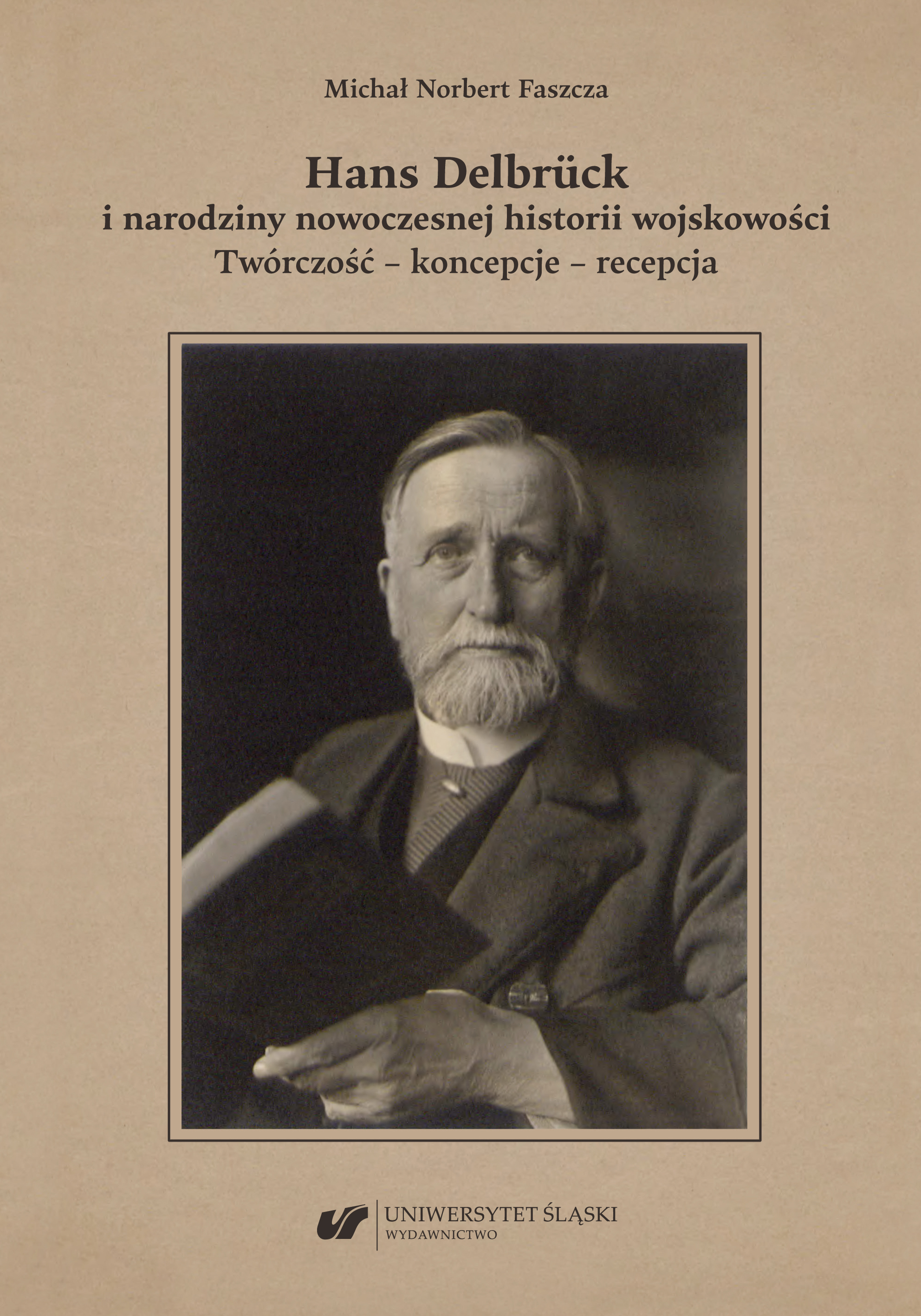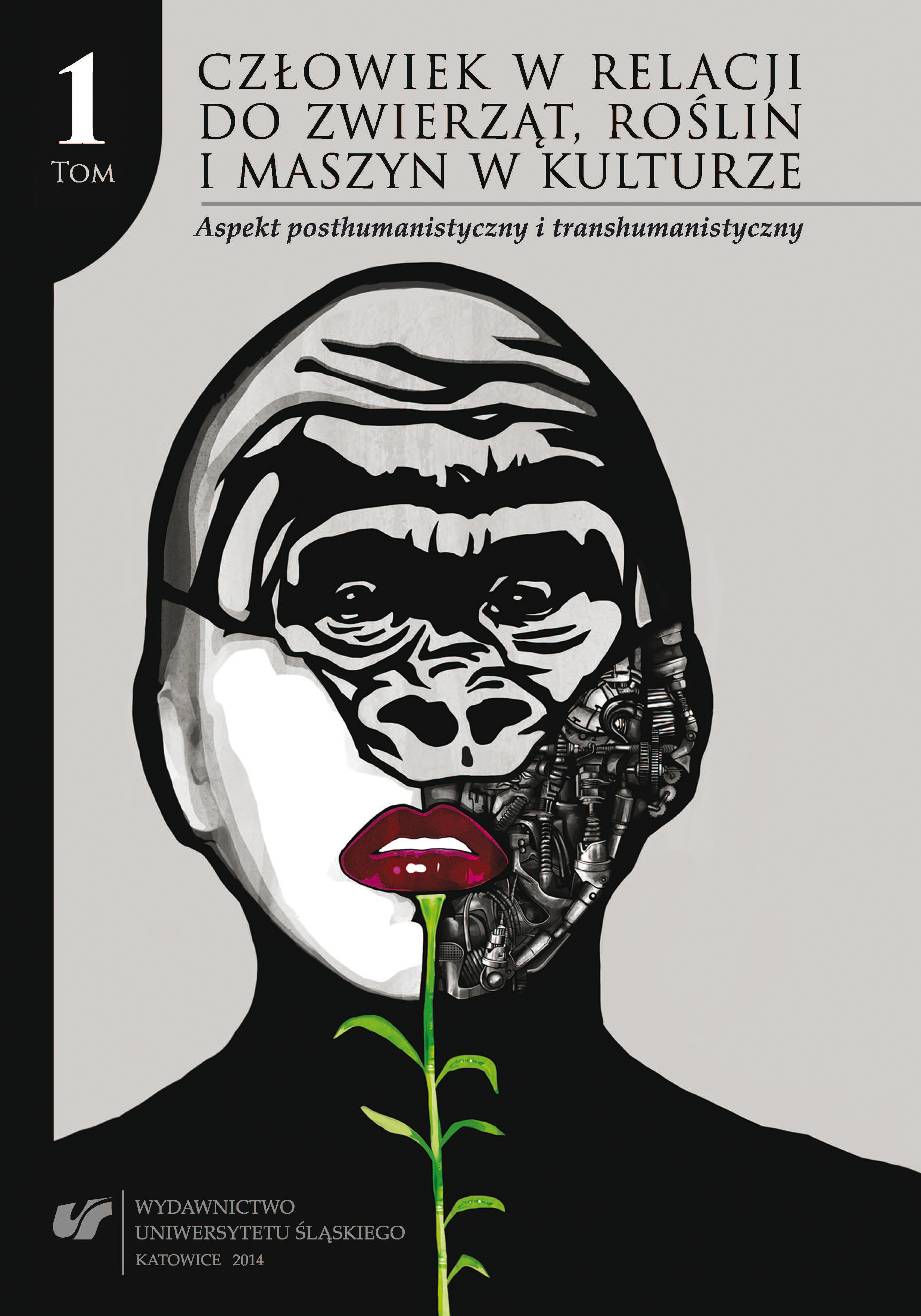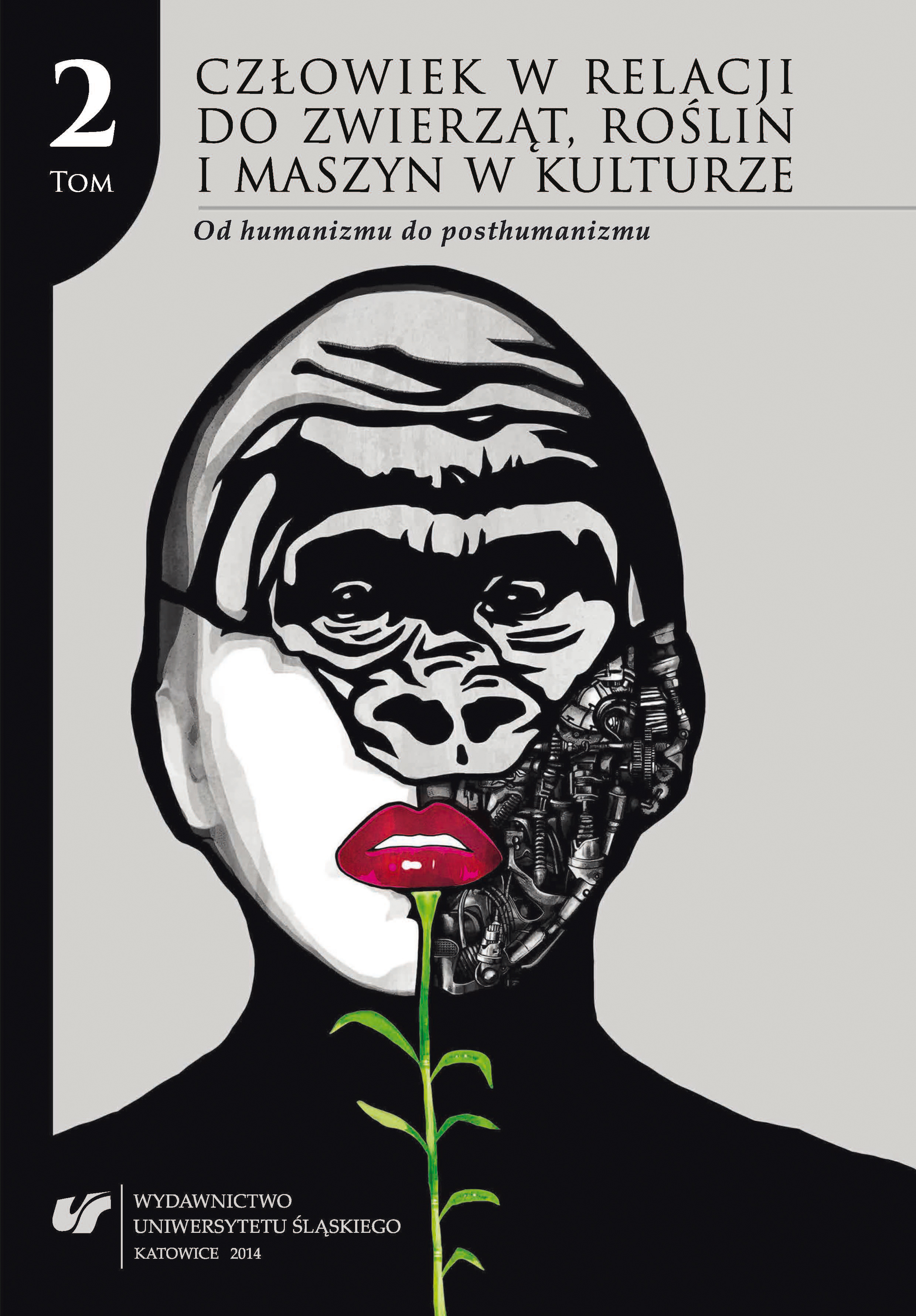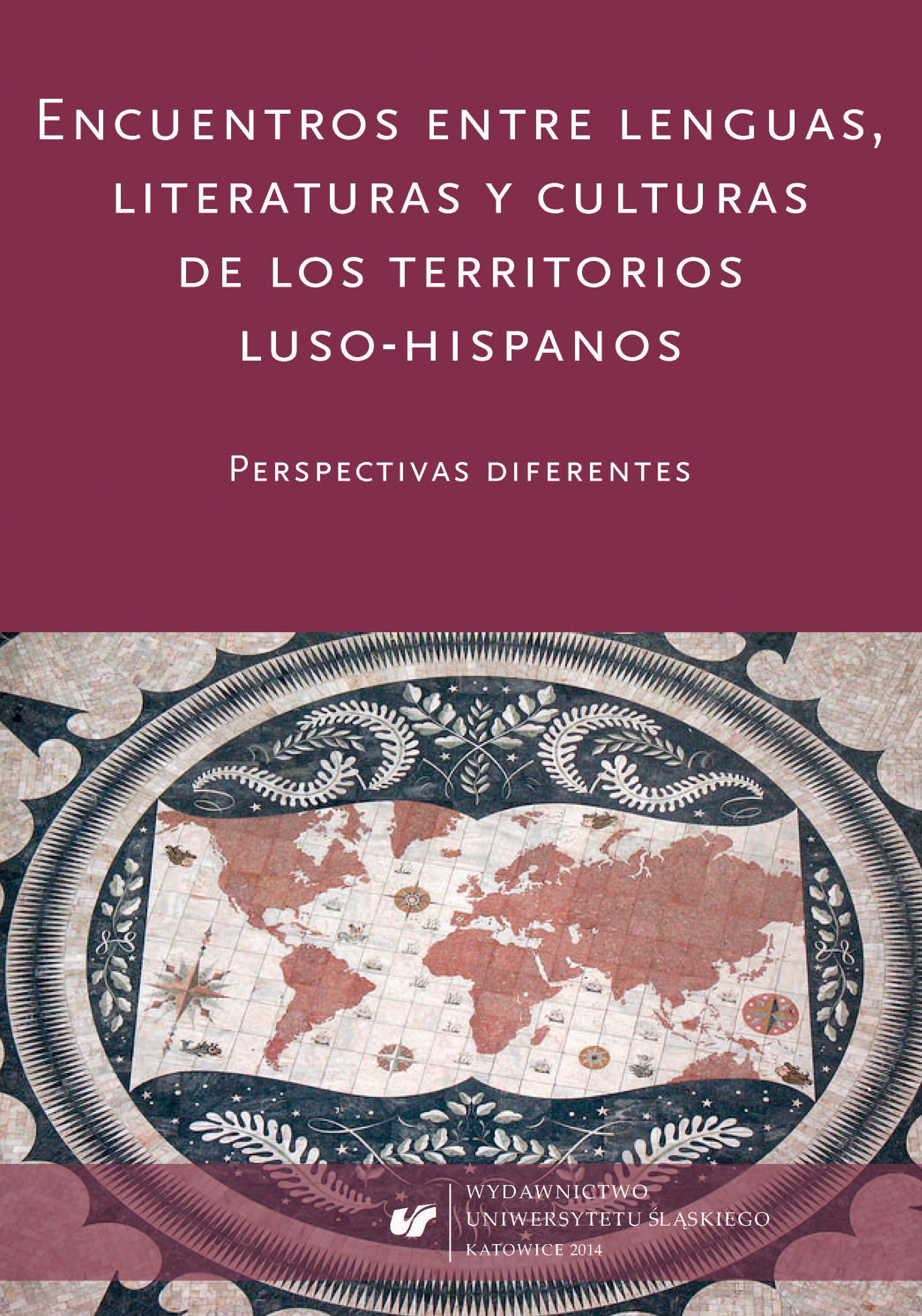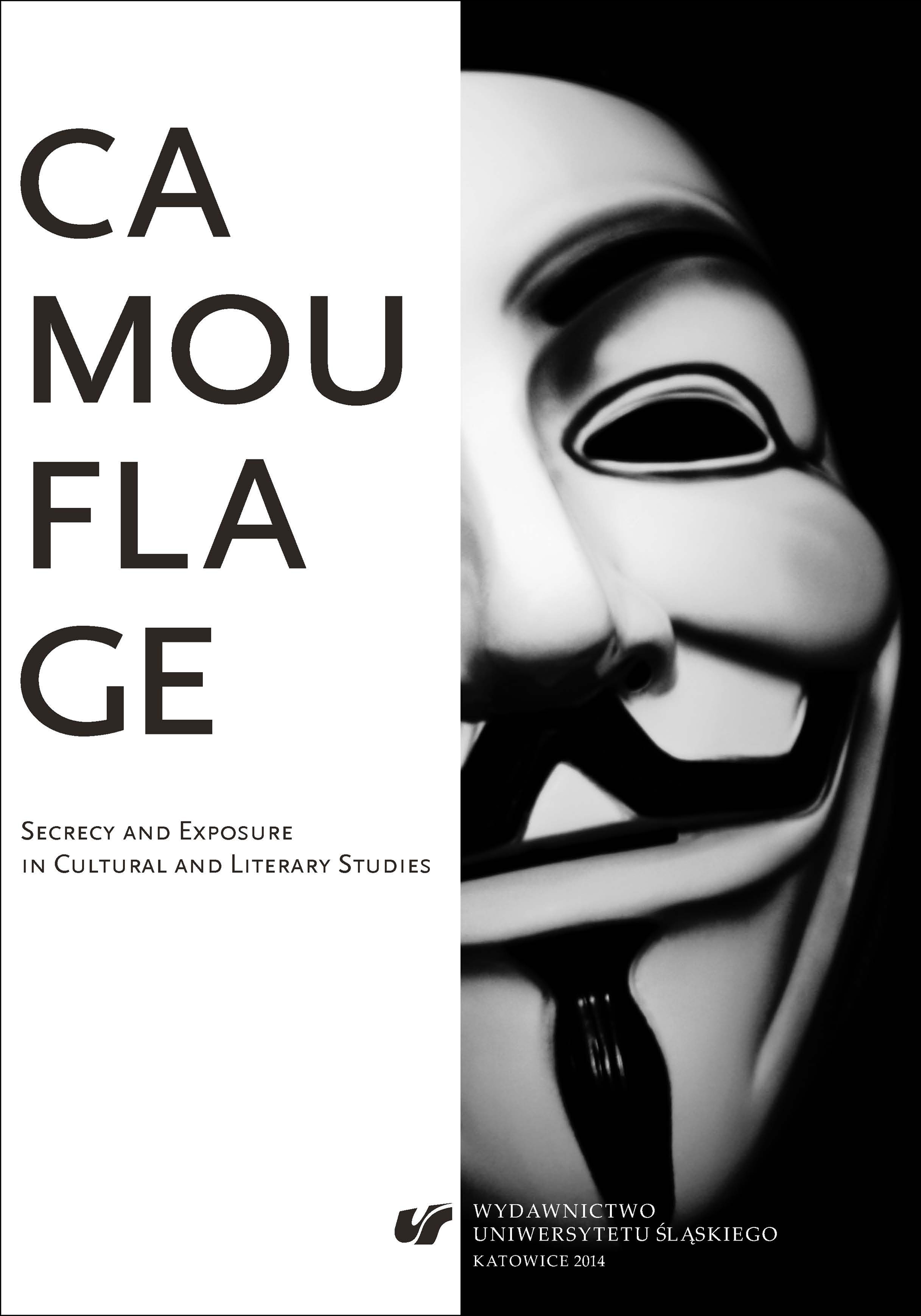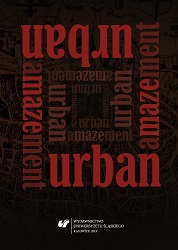
Urban Amazement
Urban Amazement
Keywords: urban studies; urban culture; city; cultural studies; journey
“Cities are magical places, however their magic is not evenly distributed” - writes Chris Jenks in his general introduction to Urban Culture: Critical Concepts in Literary and Cultural Studies. As much as we agree with Jenks’s words, we believe that cities, first and foremost, are amazing spaces, and this belief finds reflection in the articles gathered in the present volume. The magic of the cities, together with the meandrous urban structure and the journey through the urban landscape are the interweaving aspects discussed in this book. The picture of the city that emerges from the articles contained in Urban Amazement is one of anintricate structure, involving an individual - a traveller, an inhabitant, a writer or a simple observer - into a network of images that is neverconstant or stable, yet always amazing one with its complexity. The numberand, most of all, the diversity of themes discussed in the consecutive studies seem to correspond to the multiplicity of impressions that the urban landscape appears to exert on the subjects examined in the presented texts. Moreover, just like the streets of the city constantly intersect, as some of the articles in the volume illustrate, the presented texts tend to converge at many recurrent aspects, such as the city’s labyrinthine structure, anxiety which the authors see as connected with the impenetrabilityof urban landscape, and the overwhelming sense of amazement which - in many of the presented studies - the urban space evokes in its residents and visitors.
More...
